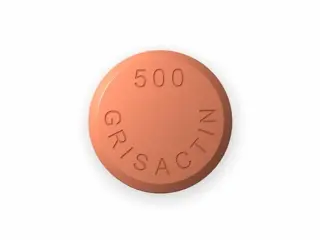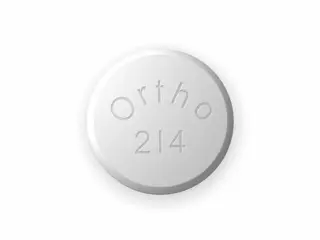Antifungal
Discover effective antifungal treatments to quickly relieve and eliminate fungal infections. Shop trusted brands for creams, sprays, and oral medications designed to restore skin health and comfort. Fast-acting solutions available now for athlete's foot, ringworm, yeast infections, and more. Buy the right antifungal products to feel confident and healthy again.
Antifungal medications are essential to treat fungal infections affecting skin, nails, mouth, and internal organs. These infections can be stubborn and cause discomfort. Choosing the right antifungal depends on the type and severity of the infection. Here we review some popular antifungal drugs available in online pharmacies.
Diflucan (Fluconazole) is a widely used antifungal. It works by stopping the growth of fungi. Diflucan is effective against yeast infections including vaginal candidiasis and thrush. It is well tolerated and can be taken orally, making it convenient. Side effects are usually mild but may include nausea and headache. Diflucan is commonly prescribed due to its broad-spectrum action and ease of use.
Grifulvin and Grifulvin V (Griseofulvin) are older antifungal agents. They are used mainly for skin and nail infections such as ringworm and athlete's foot. Griseofulvin works by interfering with fungal cell reproduction. Treatment with Grifulvin can take longer, often several weeks to months, especially for nail infections. Common side effects may include headache, dizziness, and stomach upset. Grifulvin requires consistent intake with fatty foods to increase absorption.
Grisactin contains the same active ingredient as Grifulvin, griseofulvin. It is commonly prescribed for similar fungal conditions. Patients often choose Grisactin for scalp ringworm and other dermatophyte infections. Although effective, its use has declined with the availability of more modern antifungals with shorter treatment durations.
Lamisil (Terbinafine) is one of the most popular antifungal medicines. It is often used to treat nail fungus and athlete's foot. Lamisil kills fungi by blocking a critical enzyme needed for fungal cell membrane production. It is available as oral tablets and topical creams. Oral Lamisil is usually taken for a few weeks and shows good cure rates. Side effects are generally low but may include gastrointestinal issues and rash. Lamisil is favored for its speed and effectiveness.
Lotrisone is a combination cream containing an antifungal (clotrimazole) and a steroid (betamethasone). It is mainly used to relieve inflamed fungal skin infections like ringworm or jock itch. The steroid reduces itching and redness while the antifungal fights infection. Lotrisone provides quick symptom relief but should be used for a short period to avoid skin thinning or other steroid-related side effects. This is a good choice in cases with significant inflammation.
Nizoral (Ketoconazole) is an effective antifungal used for both topical and oral administration. The cream is commonly prescribed for scalp conditions like dandruff and seborrheic dermatitis caused by fungi. Oral Nizoral treats serious fungal infections but requires medical supervision due to potential liver toxicity. Ketoconazole works by disrupting fungal cell membranes. Side effects of topical use are minimal, mainly local irritation. Oral therapy should be monitored carefully due to rare but serious risks.
Sporanox (Itraconazole) is a strong antifungal used for various deep and superficial fungal infections. It works by preventing the fungi from producing ergosterol, an essential component of their cell membranes. Sporanox is effective for onychomycosis (nail fungus), yeast infections, and aspergillosis. Usually taken as oral capsules, it offers shorter course treatment compared to older drugs. However, it may cause side effects like nausea, headache, and interactions with other medicines. Liver function tests are recommended during prolonged use.
When choosing an antifungal, consider the infection type, location, and severity. For mild skin infections, topical treatments like Nizoral cream or Lotrisone may be sufficient. For nail infections or deep infections, oral medications such as Lamisil, Sporanox, or Diflucan are preferred. Griseofulvin remains an option but requires longer treatment and may have more side effects.
All antifungal drugs require adherence to prescribed dosage and duration. Stopping treatment early can lead to recurrence or resistance. Some drugs may interact with other medications or have contraindications in patients with liver or kidney problems. Always consult a healthcare provider before starting antifungal therapy.
In summary, Diflucan and Lamisil are favored for their effectiveness and shorter treatment time. Grifulvin and Grisactin are older but reliable options for certain infections. Lotrisone offers relief where inflammation is severe, while Nizoral and Sporanox are reserved for more resistant or complex fungal diseases. With the right medication, most fungal infections can be successfully treated, restoring comfort and health.







